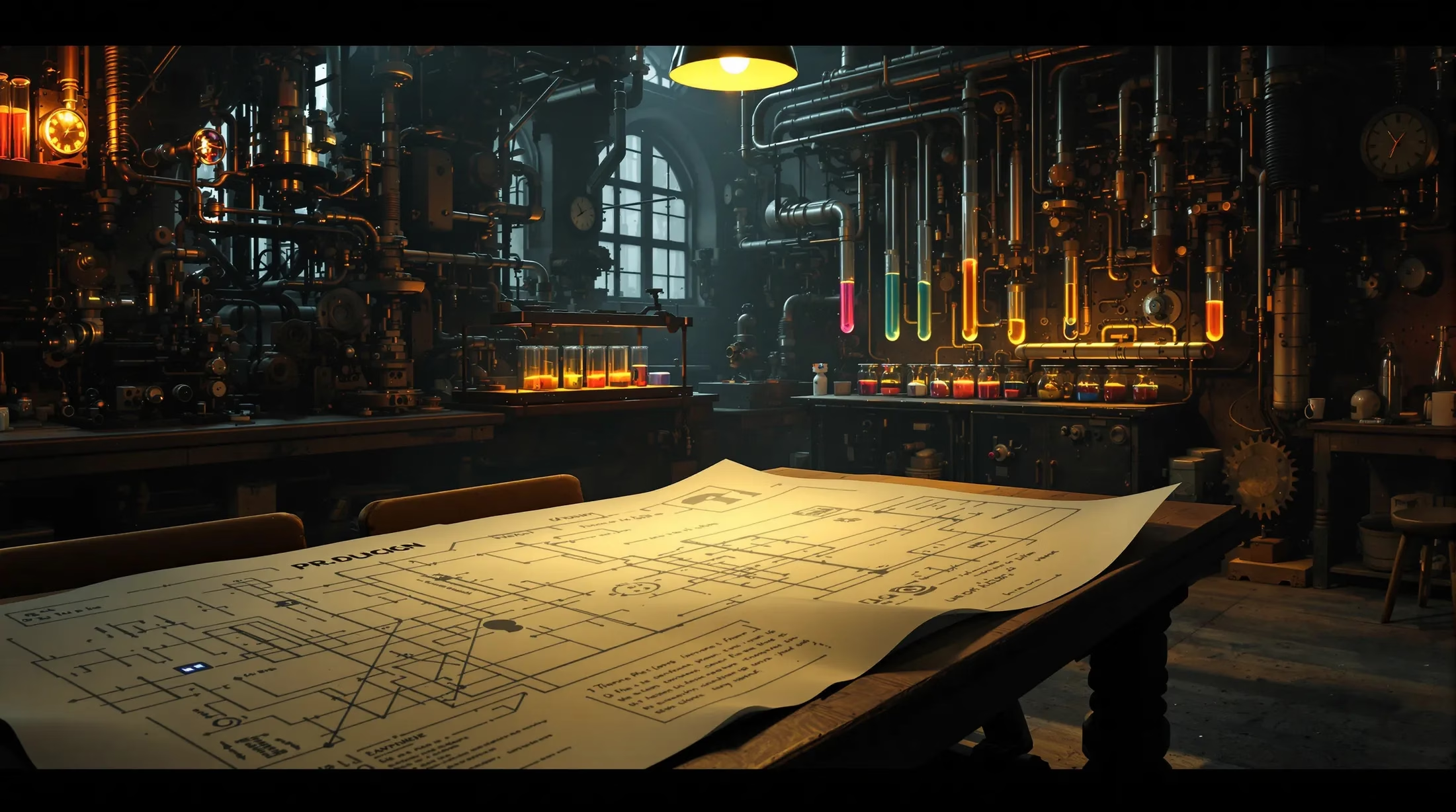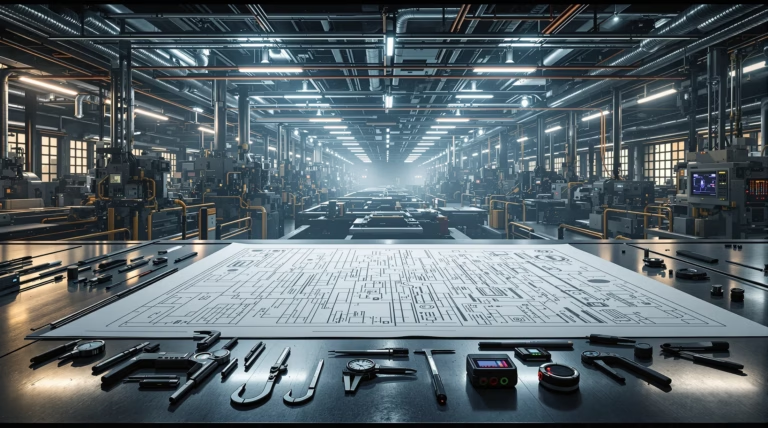What Does a Process Engineer Do? Key Responsibilities and Skills
Process engineering stands at the forefront of modern manufacturing excellence, transforming raw materials into valuable products through sophisticated industrial processes. Whether you’re considering a career in this field or seeking to understand its impact on industry, this comprehensive guide explores the multifaceted role of process engineers and their essential contributions to manufacturing success.
Understanding the Role of a Process Engineer
Process engineers are integral professionals who orchestrate and optimize manufacturing processes across production facilities. Operating in diverse sectors from oil refineries to pharmaceutical plants and food production companies, they focus on maximizing operational efficiency, productivity, and product quality. These specialists serve as the cornerstone of industrial operations, ensuring seamless production while continuously innovating existing systems.
By bridging theoretical engineering principles with practical applications, process engineers develop cutting-edge techniques, modify designs, and lead improvement projects that directly impact business performance. Their scientific approach and engineering expertise create solutions that minimize waste, reduce costs, and boost output while maintaining rigorous quality and safety standards.
Defining Process Engineering
Process engineering encompasses the design, implementation, control, and optimization of industrial processes. This discipline integrates principles from chemistry, physics, mathematics, and engineering to facilitate the transformation of raw materials through chemical, physical, or biological processes. Unlike specialized engineering fields, process engineering takes a comprehensive approach, considering entire production systems and their interconnected components.
The foundation of process design centers on creating efficient workflows that optimize output while conserving resources. Process engineers develop detailed specifications for:
- Equipment configuration and setup
- Piping system design
- Instrumentation requirements
- Control system implementation
- Process flow mapping
Key Responsibilities of a Process Engineer
Process engineers manage diverse responsibilities crucial to operational excellence. Their primary duties include:
- Designing and developing continuous manufacturing processes
- Creating and optimizing factory layouts
- Qualifying equipment and systems for production
- Identifying and resolving operational bottlenecks
- Ensuring regulatory compliance and documentation
- Managing maintenance schedules
- Conducting risk assessments
- Leading continuous improvement initiatives
Essential Skills for Process Engineers
Successful process engineers combine technical expertise with crucial soft skills:
| Technical Skills | Soft Skills |
|---|---|
| Process flow diagram interpretation | Problem-solving abilities |
| P&ID creation and analysis | Creative thinking |
| Simulation software proficiency | Project management |
| Statistical analysis | Communication excellence |
| Computer-aided design | Commercial awareness |
The Process Engineer’s Role in Manufacturing
In manufacturing environments, process engineers function as technical leaders, overseeing complete production systems and their transformation processes. They design efficient production lines, resolve operational challenges, and implement improvements that enhance both productivity and product quality.
These professionals analyze production data across various manufacturing sectors, from pharmaceuticals to chemical plants, identifying inefficiencies and developing strategic solutions. Through collaboration with cross-functional teams, they ensure smooth operations while maintaining regulatory compliance, ultimately driving competitive advantages through optimized manufacturing processes.
The Process Engineer’s Role in Manufacturing
In manufacturing environments, process engineers function as technical leaders, overseeing complete production systems and their transformation processes. They design efficient production lines, resolve operational challenges, and implement improvements that enhance both productivity and product quality.
Process Design and Implementation
Process engineers develop detailed specifications for production systems, determining optimal operation sequences, equipment requirements, and process parameters. Through advanced modeling tools and simulation software, they create comprehensive process flow diagrams that map each manufacturing step, enabling early identification of potential bottlenecks.
- Overseeing equipment installation and system integration
- Conducting thorough testing procedures
- Developing standard operating procedures
- Training production staff
- Establishing process control mechanisms
- Managing space constraints and budget limitations
- Balancing technical requirements with operational timelines
Optimizing Manufacturing Processes
Process optimization represents a critical function where engineers systematically analyze production systems to identify inefficiencies and improvement opportunities. Through methodical investigation of process conditions, equipment performance, and material flows, they develop targeted solutions for chronic productivity and quality issues.
| Optimization Focus Areas | Benefits Delivered |
|---|---|
| Equipment layout redesign | Streamlined material movement |
| Process parameter adjustment | Enhanced yield rates |
| Automation implementation | Reduced variability |
| System integration | Decreased cycle times |
| Waste reduction initiatives | Lower production costs |
Career Path and Opportunities for Process Engineers
The career trajectory for process engineers spans multiple industries, from oil refineries and pharmaceutical plants to food production facilities. Their unique combination of technical knowledge and problem-solving abilities makes them highly valued in manufacturing environments focused on efficiency and quality improvement.
Educational Requirements and Certifications
- Bachelor’s degree in chemical or process engineering
- Core coursework in mathematics, thermodynamics, and fluid mechanics
- Professional certifications:
- Six Sigma methodologies
- Project Management Professional (PMP)
- Certified Manufacturing Engineer (CMfgE)
- American Institute of Chemical Engineers (AIChE) certifications
- International Society of Automation (ISA) credentials
Advancement Opportunities in Process Engineering
Process engineers with proven success records can advance through multiple career paths:
- Management positions:
- Engineering Manager
- Production Manager
- Operations Director
- Specialized roles:
- Process optimization consultant
- Research and development specialist
- Sustainability expert
- Energy management professional
- Engineering consultancy owner







